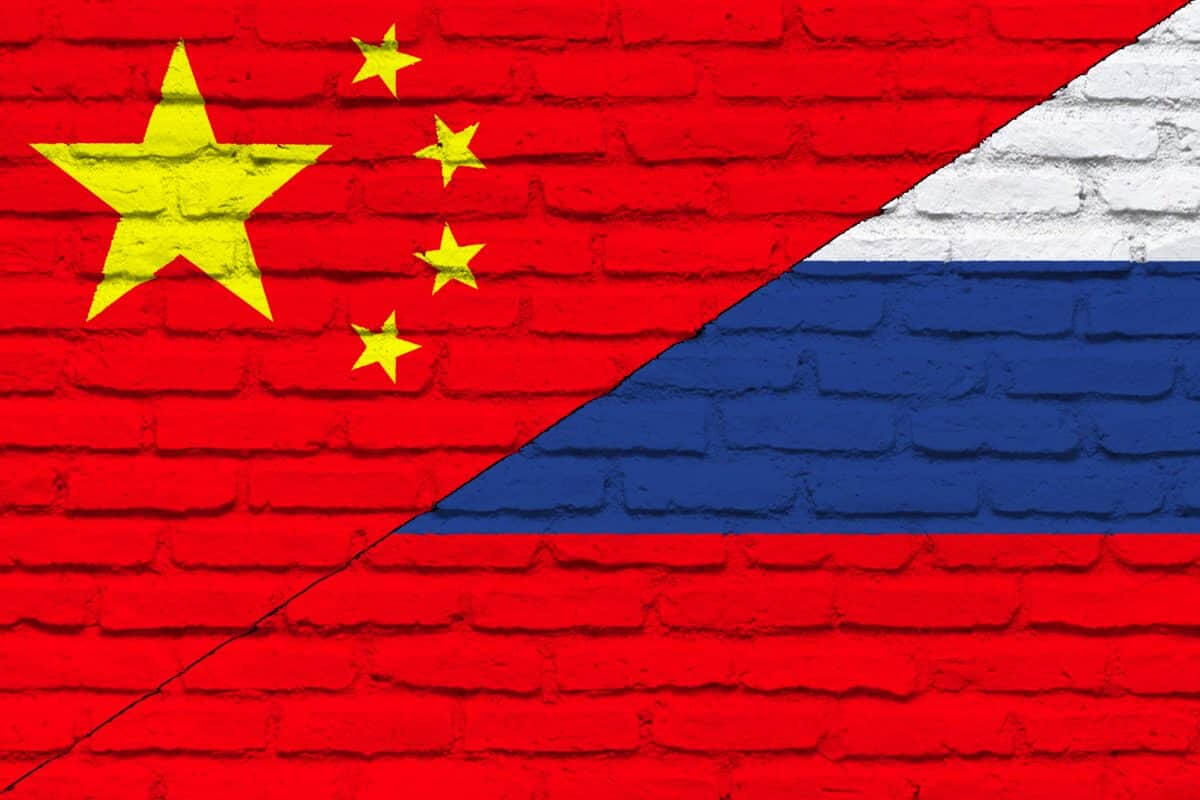Could Asia Save Russia from an EU Energy Halt?

Could Asia Save Russia from an EU Energy Halt?
Earlier this month, Russian President Vladimir Putin sent a solid message to the country’s energy sector leaders. They needed to plan to reduce Western imports by shifting the focus from Europe to Asia. From the Kremlin’s perspective, this decree makes sense. The UK, the United States, and Australia have already banned the import of Russian energy. The EU is under increasing pressure from the US and members such as Poland and Lithuania; Impose an embargo on Russian oil and gas in response to Moscow’s continuation of the war in Ukraine.
However, a cocktail of infrastructure constraints, political pressures, and poor economic demand could hinder Asian markets from absorbing energy supplies. It would have been different for Europe if Brussels banned all Russian hydrocarbons. Developed European countries account for almost two-thirds of Russia’s gas exports; And half of the oil sales.
Most Russian pipelines are geographically built for European markets; Consequently, they can not supply Asia. Russia’s two largest Asian consumers – Japan and South Korea – are Western allies. They are likely to have intense pressure from the US to prevent any increase in energy imports. China, Russia’s largest oil importer, is experiencing an economic slowdown due to the COVID-19 shutdown. This, in turn, will only reduce his hunger for energy.
EU and Russia
If the EU continues with the total ban, I wonder how Asian markets will be able to offset that demand. Russia may need to cut oil production by 30 percent by 2022. Currently, the EU does not have a “united position” on an embargo on Russian energy. Germany and Hungary are concerned about the sharp rise in energy spending; If they stop buying Russian oil and gas.
Meanwhile, the EU is trying to develop a payment mechanism that would allow countries to enforce financial sector sanctions against Moscow. The Kremlin dictates that European countries buy energy in rubles. However, analysts think it is only a matter of time before Europe imposes an embargo on Russian raw materials and products in the oil market. This could reduce four million barrels per day from the global oil market. Realizing these risks, Moscow has been trying for years to reduce its dependence on Western buyers.
It is worth noting that in 2012, Putin opened the East Siberian-Pacific oil pipeline. It aims to supply crude oil to China and Japan. The Siberian gas pipeline, commissioned in 2019, can supply up to 38 billion cubic meters of Russian gas to China. In February, during Putin’s visit to Beijing a few weeks before the war, China and Russia announced plans for another pipeline. However, these projects only highlight the difficulties in starting or increasing oil and gas trade between countries.
War and Current Situation
Russian and Indian officials also met last week to overcome a deadlock over the supply of coke coal to Indian steelmakers. If Russia offers discounts and favorable credit terms, processing manufacturers will find it attractive.
It is worth noting that crude oil from Russia accounted for only 1.4 percent of India’s oil imports in 2020. Moreover, different countries produce crude of different densities. It will not be easy for India’s old public sector refineries to switch to Middle Eastern, American, and Latin American oil. When India is strengthening ties with the US and the EU, rising energy purchases from Russia could damage those relations.
South Korea and Japan, among Russia’s top 10 oil buyers, face even stricter censorship from the US, From their leading security provider. Suppose they try to extract more crude oil. China, the world’s largest oil importer, bought one-third of all Russian oil in 2020. China’s dependence on crude oil imports means that Beijing must maintain good relations with all major suppliers. The indefinite closure in Shanghai and the growing incidence of COVID-19 in Beijing also hamper the country’s economic recovery.
Conclusion
Even if the EU appoints a tough embargo, Russia’s energy sector is absurd to collapse absolutely. Belarus is the ninth most significant buyer of oil in Russia. Like China, it is a strategic partner. Consequently, it is unlikely to join any measures against Moscow. Japan, India, China, and Vietnam also have assets in Russia’s fossil fuel part. The life span of oil and gas fields is three decades, so companies can wait for crises.
This, in turn, will encourage countries and their firms that have a stake in Russian ores to keep oil and gas out of them. Nevertheless, the economic losses will be deep if Russia loses the market responsible for most of its oil and gas exports, accounting for 45 percent of the state budget. According to experts, such a bold step will not be easy for Brussels. However, it may only be a matter of time before one of the parties ultimately decides to mend their broken relationship. Analysts estimate that Europe and Russia will first try to become independent of the other.
The post Could Asia Save Russia from an EU Energy Halt? appeared first on FinanceBrokerage.
0 Response to "Could Asia Save Russia from an EU Energy Halt?"
Post a Comment